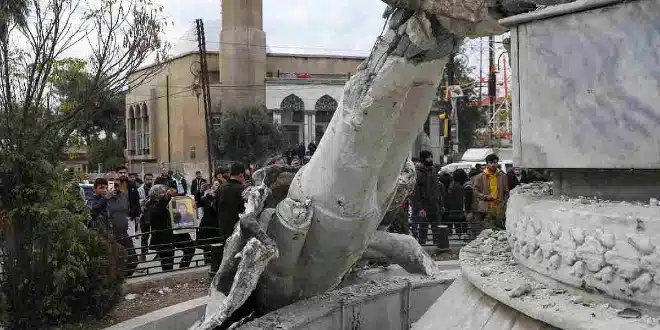Prime Minister Mohammed Ghazi Jalali, who remained in office following the sudden disappearance of President Bashar al-Assad and many senior officials, is working to guide Syria through a transitional phase. He emphasized efforts to ensure the transition is swift and smooth, noting improvements in security and the formation of a new government. Jalali also confirmed that his administration is in communication with rebel factions and expressed his willingness to meet with opposition leaders, such as Ahmad al-Sharaa, a prominent rebel figure.
Syria’s transition has seen bureaucrats and officials previously loyal to the Assad regime quickly adapting to the new political climate. For instance, Judge Khitam Haddad from the Justice Ministry expressed readiness to return to work, aiming to contribute to the rebuilding of the country. Haddad emphasized the importance of justice and fairness in the new Syria.
In the midst of this upheaval, there have been reports of a high-ranking Assad ally’s death. Major General Ali Mahmoud, a senior aide to Assad’s brother, Maher, was found dead in his office in Damascus. The exact cause of death remains unclear, with some speculating it may have been either a suicide or a targeted killing.
The situation in Syria remains fluid, with many key figures of the Assad regime now either absent or facing significant challenges. Jalali’s comments reflect the precarious nature of the country’s future as the nation grapples with a new order following years of brutal civil war.


